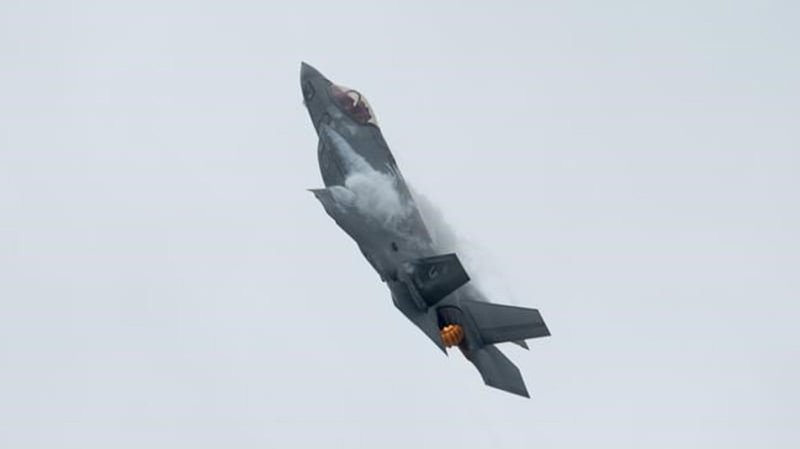
Companies highlight jobs, economic spinoffs as fighter-jet competition closes
OTTAWA — Fighter-jet makers are leading with promises of jobs and other economic spinoffs as they make their final pitches for why Canada should buy their planes to replace the military’s aging CF-18 fleet.
U.S. defence giant Lockheed Martin is the latest to emphasize potential economic benefits ahead of Friday’s deadline for companies to submit their bids in the fighter-jet competition, which will see Canada spend up to $19 billion on 88 new planes.
A new report commissioned by Lockheed Martin says up to 4,200 jobs will be created or sustained each year if Canada buys its F-35 stealth fighter, which the company equates to more than 150,000 new jobs over the life of the plane.
Rival Boeing issued its own report last month showing its existing operations in Canada created $5.3 billion in economic spinoffs last year and supported 20,000 jobs — numbers it says will go up if its Super Hornet wins the contest.


